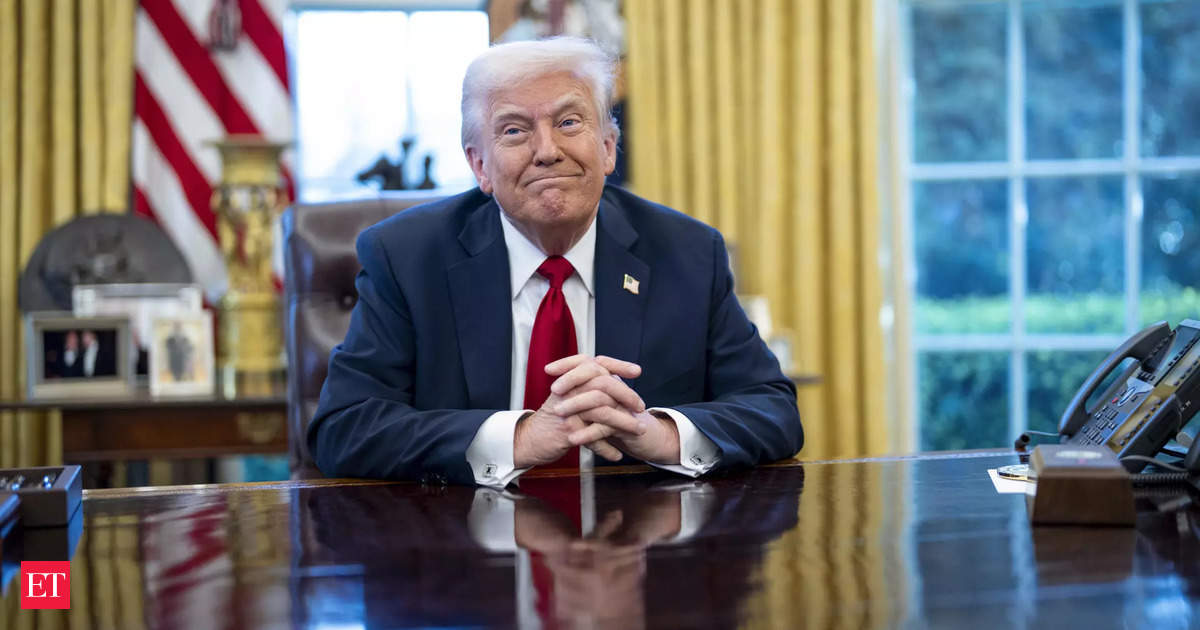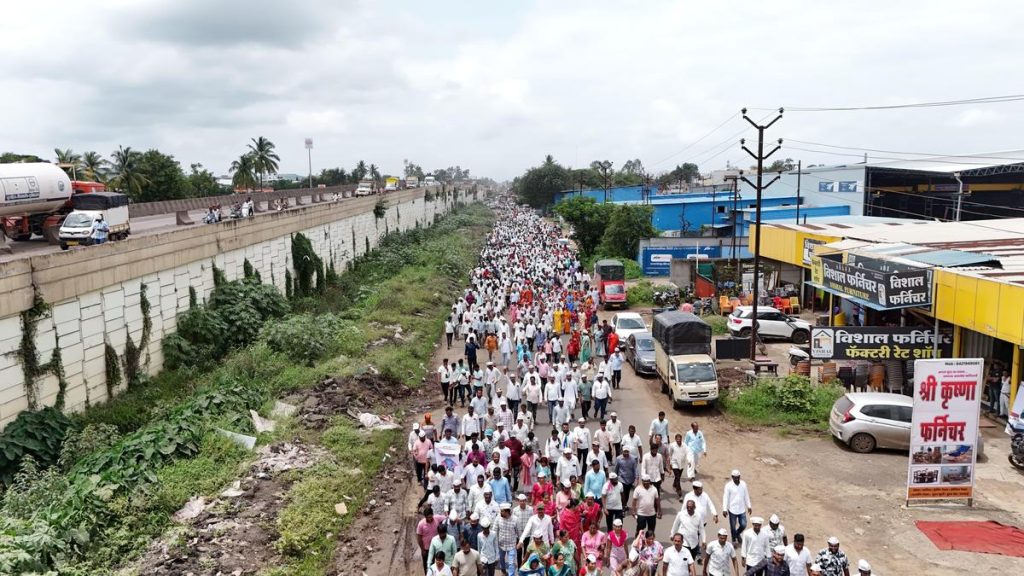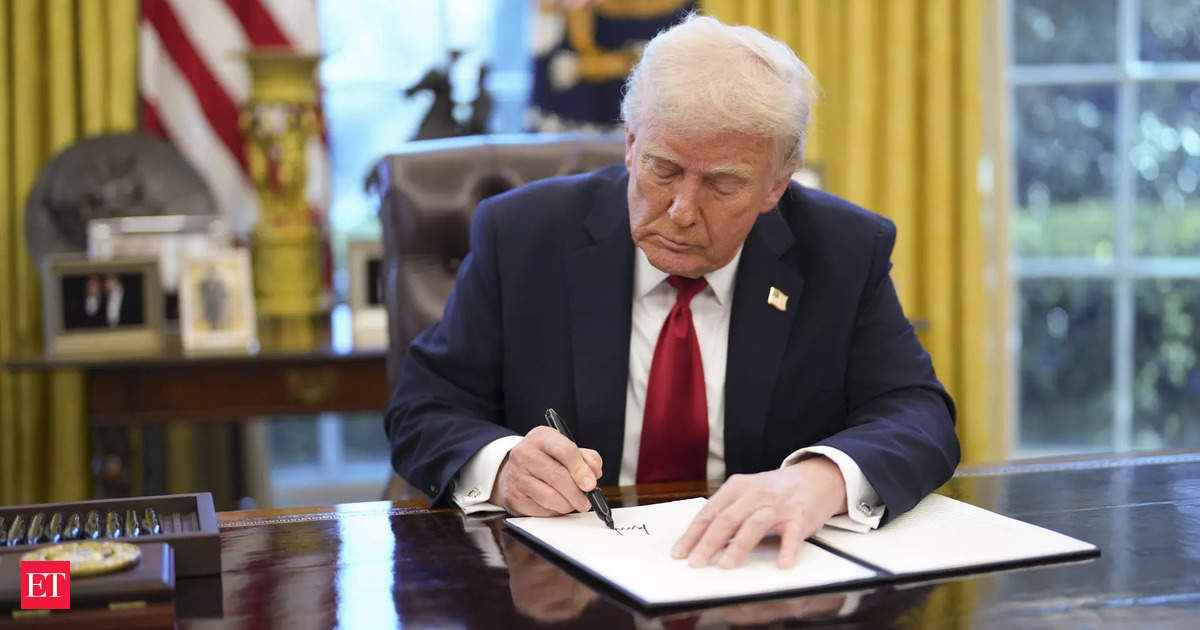Now Reading: Trump Cites 2019 Security Probe to Defend Auto Import Tariffs
-
01
Trump Cites 2019 Security Probe to Defend Auto Import Tariffs
Trump Cites 2019 Security Probe to Defend Auto Import Tariffs

Quick Summary:
- declaration: Former U.S.President Donald Trump reinstated 25% tariffs on auto and auto parts imports, citing national security concerns.
- Reasoning: Trump’s proclamation claims foreign auto imports threaten the domestic industrial base, with problems worsening as a 2019 investigation under Section 232 of the Trade Expansion Act.
- Details: Imported cars account for half of all vehicle sales in the U.S., while domestic vehicles have only an estimated 40%-50% local content.
- Global Impact: Tariffs are expected to raise car prices by thousands of dollars and may lead to job losses due to reliance on imported components. Major suppliers include Mexico, Japan, South Korea, Canada, and Germany.
- Labor Unions support: Groups like United Auto Workers applauded the move as it supports American manufacturers and workers by incentivizing increased U.S.-based production.
- Past Context: the previous administration defended tariffs as reducing Chinese imports while bolstering local manufacturing with “minor effects on prices.”
- Policy Context: A higher tariff rate could encourage automakers in North America to source more parts domestically under trade agreements such as USMCA (U.S.-Mexico-canada Agreement).
Indian Opinion Analysis:
The reinstatement of steep tariffs by former President Donald Trump reflects an ongoing global trend toward protectionist economic policies aimed at safeguarding domestic industries. For India-a country striving to expand its presence in global markets-these developments underscore potential challenges and opportunities.
high tariff walls such as these could indirectly benefit Indian automakers seeking entry into regions less impacted by restrictive import policies like Europe or Asia-Pacific markets were trade agreements remain robust. However, for companies with ambitions tied closely to North America’s large automotive demand or those reliant on U.S.-made components within supply chains, this announcement signals a need for strategic adjustment.
India exports automobile components globally but largely focuses on cost efficiency rather than high-end technological innovation comparable to advanced economies like Germany or Japan-nations directly targeted by these new measures. If protectionism intensifies globally following similar policy shifts across other nations reacting defensively (e.g., reciprocal tariffs), India’s auto-export landscape will face heightened competition from regional manufacturing hubs aggressively pursuing market share.
Neutral analysis suggests diversification strategies-pivoting supply chains toward dynamic free-trade zones alongside broader adoption levels targeting established middle-class populations abroad alleviates dependency risks insulated between shifting geopolitical shocks arising between heavy import/export-dependent sectors threatening sustainability mutual gains overall pathway chapters!

























